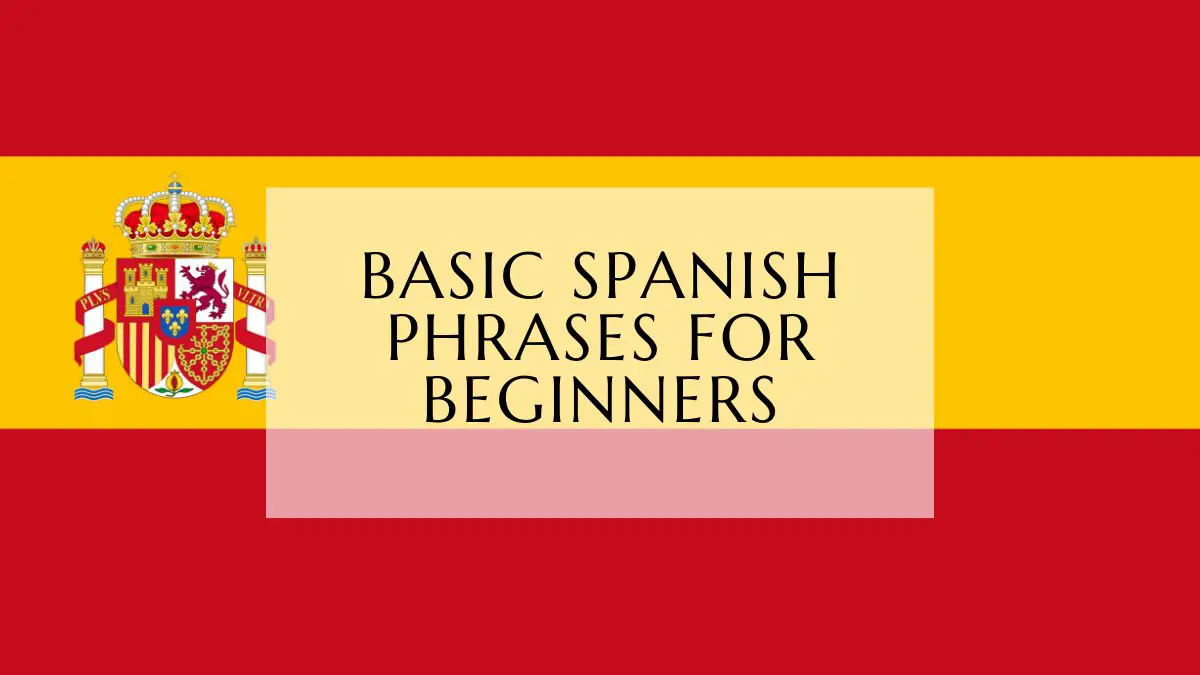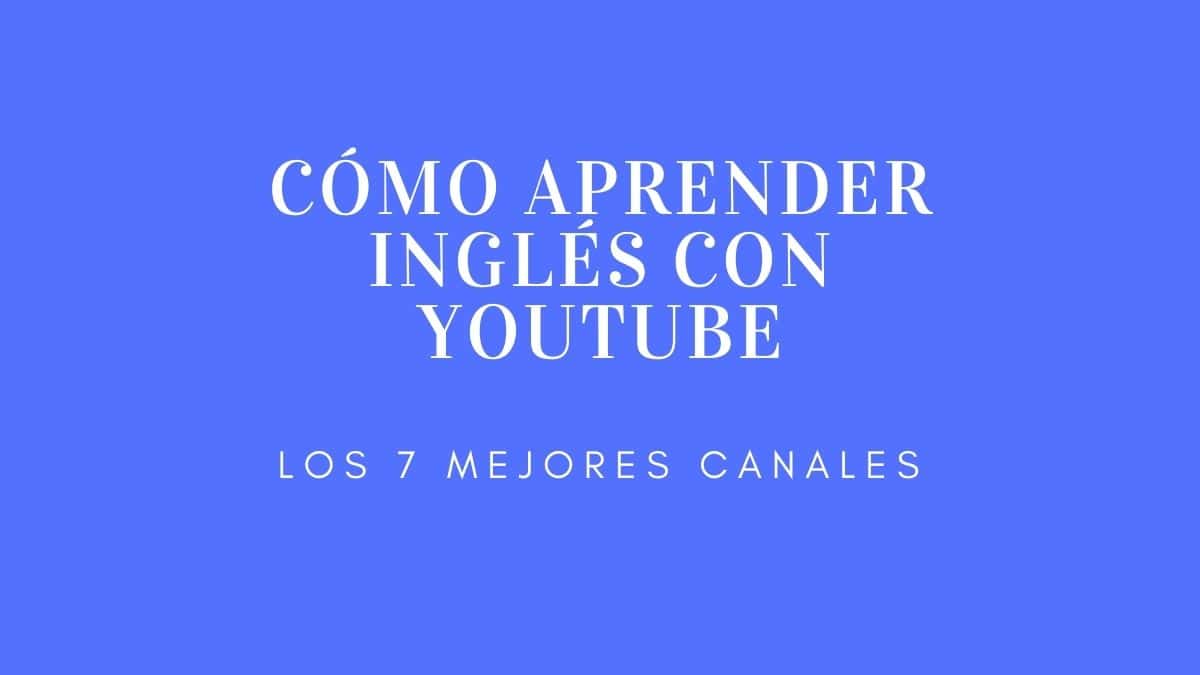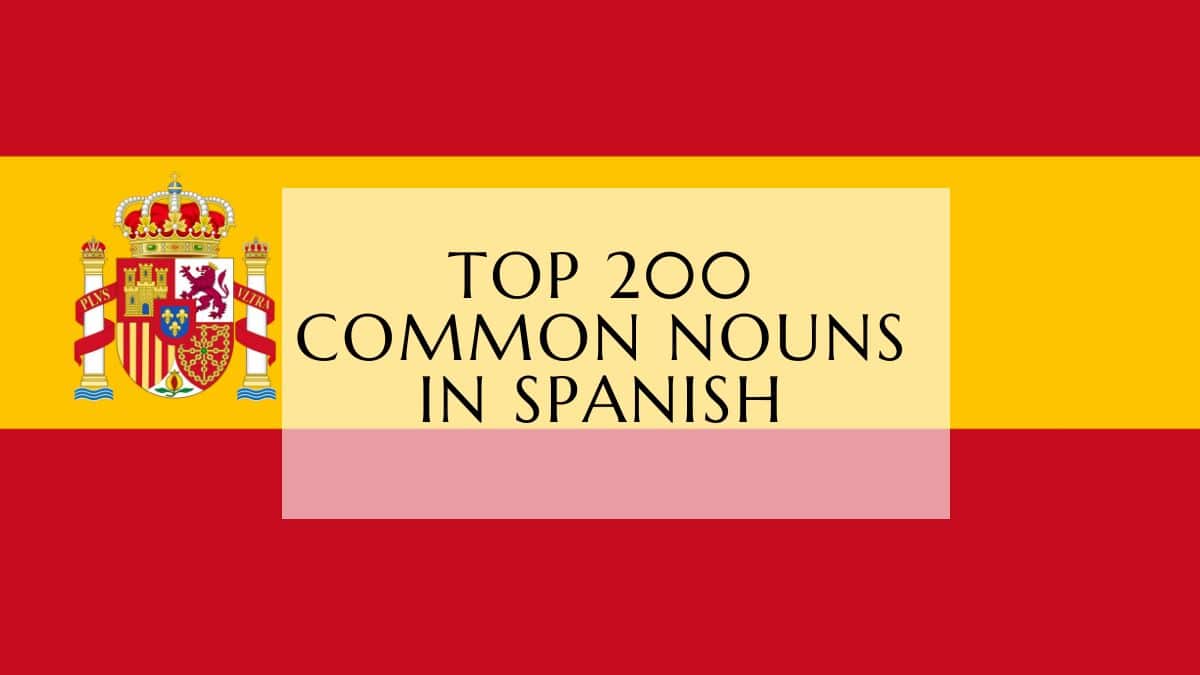In this lesson, we will talk about basic Spanish phrases (with audio) that we use in daily life, different ways of greetings, and a set of survival phrases to get you understood. Let’s get started!

Basic Spanish Phrases
You may know “Hola!” and “¿cómo estás?”, but Spanish speakers use more than those, there are different greetings used in different situations throughout the day, learning them will make you sound more natural while speaking.
| English | Spanish |
| Hi | Hola |
| Welcome | Bienvenido |
| Good morning! | Buenos días! |
| Good evening! | Buenas noches! |
| Good night! | Buenas noches! |
| How are you doing? | ¿cómo estás? |
| How are things going? | ¿Cómo van las cosas? |
| How is everything? | ¿Qué tal va todo? |
| How is life going? | ¿Cómo va la vida? |
| Well / Very well | Bueno / Muy bien |
| Bad | Malo |
| More or less | Más o menos |
| I am fine. | Estoy bien. |
| And you? | Y tú? |
| Not very well, unfortunately | No muy bien, por desgracia |
| How is the family? | ¿Cómo está la familia? |
| Everything is fine. | Todo está muy bien. |
| Thank you | Gracias |
| Thank you very much | Muchas gracias |
| You are welcome | De nada |
| What’s up? | ¿Qué hay de nuevo? |
| Pleasure to see you | me alegro de verte |
| How’s your day? | ¿Cómo va tu día? |
| Let’s meet tomorrow | nos vemos mañana |
| Bye. | Adiós. |
| See you tomorrow. | Hasta mañana. |
| See you | Nos vemos |
| See you later | Hasta luego |
| See you next time | Hasta la próxima vez |
Note: you can practice what you’ve learned here, and learn how to pronounce each of the words in our Memrise course here, don’t know how to use the platform or sign up? we’ve got you covered in this easy-to-follow tutorial here.
Survival Phrases
| English | Spanish |
| What is your name? (informal) | ¿Cómo te llamas? |
| What is your name? (formal male) | ¿Cuál es su nombre? |
| My name is … | Mi nombre es … |
| Nice to meet you | Encantado de conocerte |
| nice to meet you too | encantado de conocerte también |
| I’m sorry | Lo siento |
| Excuse me / Pardon | Perdón |
| Let’s go! | Vamos! |
| Yes | Sí |
| No | No |
| Perhaps | Quizás |
| Where are you from? (informal) | ¿De dónde eres? |
| I’m from … | Yo soy de … |
| How old are you? (informal) | ¿Cuántos años tienes? |
| I am … years old. | Tengo … años. |
| Do you speak English? (informal) | ¿Hablas inglés? |
| I don’t speak… | Yo no hablo… |
| I speak… | Yo hablo … |
| I speak a little Spanish | Hablo un poco de español |
| Just a moment please | Un momento por favor |
| How do you say … in Spanish? | ¿Cómo se dice … en español? |
| Can you help me? | ¿me puedes ayudar? |
| Can you say that again? | ¿Puedes decir eso otra vez? |
| Do you understand? | ¿Entiendes? |
| I don’t know | No sé |
| I don’t understand | No entiendo |
| Of course | Por supuesto |
| What does it mean … ? | ¿Qué quiere decir … ? |
| What? | ¿Qué? |
| Here. | Aquí. |
| What is that? | ¿qué es eso? |
| What’s the matter? | ¿Cuál es el problema? |
| It doesn’t matter | No importa |
| What’s happening? | ¿Qué pasa? |
| I have no idea | No tengo ni idea |
| I’m tired | Estoy cansado /cansada |
| I’m sick | Estoy enfermo |
| I’m hungry | Tengo hambre |
| I’m thirsty | Tengo sed |
| I’m hot | tengo calor |
| I’m cold | Tengo frío |
| Congratulations! | Felicitaciones! |
| Don’t worry | no te preocupes |
| Good luck! | Buena suerte! |
| I must go now | Tengo que irme ahora |
| That’s alright. | Eso está bien. |

Spanish Basics Study Guide
Quiz
- How do you say “Good morning” and “Good evening” in Spanish?
- What are two ways to ask “How are you?” in Spanish?
- Translate these phrases: “I’m fine” and “Not very well, unfortunately.”
- How would you ask someone “What’s your name?” in both formal and informal situations?
- What are two ways to say “See you later” in Spanish?
- Translate the following: “I don’t speak Spanish” and “I speak a little Spanish”.
- How do you ask someone to repeat something in Spanish?
- Translate these phrases: “I’m tired” and “I’m hungry.”
- How do you say “Congratulations” and “Good luck” in Spanish?
- What are two ways to say goodbye in Spanish?
Answer Key
- “Good morning” is “Buenos días!” and “Good evening” is “Buenas noches!”
- “¿Cómo estás?” and “¿Cómo te va?” are both common ways to ask “How are you?”.
- “I’m fine” is “Estoy bien” and “Not very well, unfortunately” is “No muy bien, por desgracia”.
- Informally, you can ask “¿Cómo te llamas?” Formally, you would ask “¿Cuál es su nombre?”
- “See you later” can be said as “Hasta luego” or “Nos vemos”.
- “I don’t speak Spanish” is “No hablo español” and “I speak a little Spanish” is “Hablo un poco de español.”
- You can say “¿Puedes decir eso otra vez?” to ask someone to repeat themselves.
- “I’m tired” is “Estoy cansado/cansada” and “I’m hungry” is “Tengo hambre”.
- “Congratulations” is “Felicitaciones!” and “Good luck” is “Buena suerte!”
- “Goodbye” in Spanish can be “Adiós” or simply “Chao.”
Glossary
- Buenos días: Good morning.
- Buenas noches: Good evening/Good night.
- ¿Cómo estás?: How are you? (Informal)
- ¿Cómo te va?: How are you?/How’s it going?
- ¿Cómo está?: How are you? (Formal)
- Bien, gracias: Well, thank you.
- Muy bien: Very well.
- Más o menos: More or less
- Y tú?: And you?
- ¿Cómo te llamas?: What’s your name? (Informal)
- ¿Cuál es su nombre?: What’s your name? (Formal)
- Mucho gusto: Nice to meet you.
- Encantado/Encantada: Nice to meet you (male/female).
- De nada: You’re welcome.
- Por favor: Please.
- Gracias: Thank you.
- Muchas gracias: Thank you very much.
- Lo siento: I’m sorry.
- Perdón: Excuse me/Pardon me.
- Adiós: Goodbye.
- Hasta luego: See you later.
- Nos vemos: See you.
- Hasta mañana: See you tomorrow.
- Hasta la próxima: See you next time.
- ¿De dónde eres?: Where are you from?
- Soy de…: I am from…
- ¿Cuántos años tienes?: How old are you?
- Tengo … años: I am … years old.
- ¿Hablas inglés?: Do you speak English?
- Sí: Yes.
- No: No.
- Un poco: A little.
- ¿Cómo se dice … en español?: How do you say … in Spanish?
- ¿Puedes ayudarme?: Can you help me?
- ¿Entiendes?: Do you understand?
- No sé: I don’t know.
- No entiendo: I don’t understand.
- Claro: Of course/Sure.
- ¿Qué?: What?
- ¿Qué pasa?: What’s happening?/What’s wrong?
- No importa: It doesn’t matter.
- Tengo hambre: I’m hungry.
- Tengo sed: I’m thirsty.
- Tengo calor: I’m hot.
- Tengo frío: I’m cold.
- Estoy cansado/cansada: I’m tired.
- Estoy enfermo/enferma: I’m sick.
- Felicitaciones: Congratulations!
- Buena suerte: Good luck!
Happy learning!
Oualid Cheddadi is the founder of Lingualid, a platform that inspires independent language learners worldwide, regardless of the language they are learning. The name “Lingualid” is derived from the Portuguese word for “language,” “língua,” and the last three letters of Oualid’s name, “Lid.”



